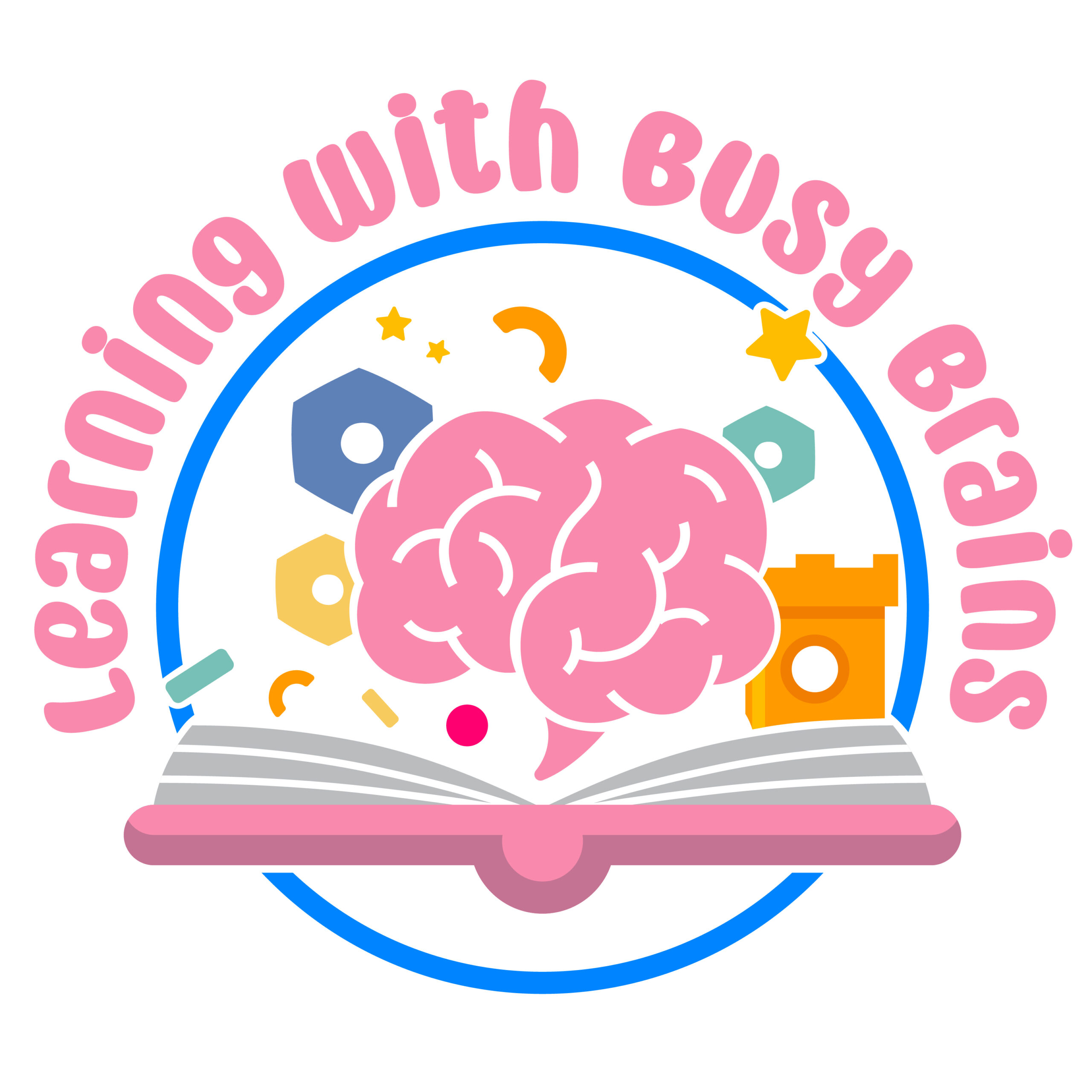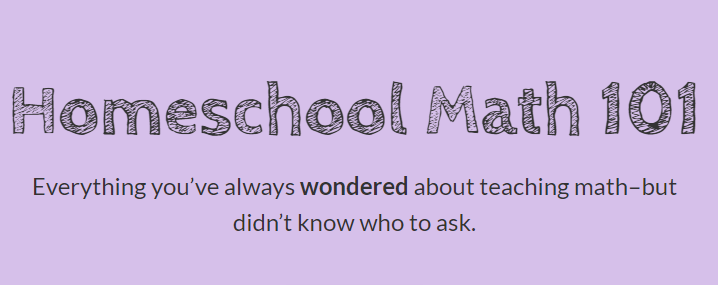This post was updated for accuracy and completeness after its original publication on March 24, 2024.
Kate Snow’s Homeschool Math 101 is an email course that’s more than just lessons. It’s what we teach and love. It shapes our kids’ learning. I’ve gotten eight lessons in two weeks. Even though math isn’t my strong point, this guide has been a big help for teaching my kids.
I’ve been diving into Kate Snow’s Homeschool Math 101, and it’s been an enlightening journey. From understanding the stages of math education to the importance of mental math, there’s so much valuable content. I’ve summarized the key points from the first four lessons to give you a taste of what’s in store. If you’re curious about building a strong math foundation for your kids, this course might just be what you’re looking for. Check out the summary below, and if it resonates with you, I highly recommend experiencing the full course firsthand.
Summary of Lessons 1 to 4 on Math Education
In Lesson 1, we learned that math education is segmented into three distinct stages, each focusing on different skill sets:
- Early Education (K-4th Grade): Children develop a robust understanding of whole numbers and the four basic operations: addition, subtraction, multiplication, and division.
- Middle School: Students tackle fractions, decimals, and percentages, cultivating proportional reasoning.
- High School: The curriculum delves into abstract concepts such as algebra, geometry, and trigonometry, all connected through the use of variables to illustrate relationships.
The timing for these stages might differ, but the primary aim is to build a strong foundational knowledge. It’s crucial not to overemphasize covering every topic in the early grades, which can lead to unnecessary stress. Instead, the focus should be on core skills like whole numbers and basic operations, which are vital for future mathematical success.
For less standardized topics like geometry, measurement, and probability, the recommendation is to address them as they arise in the curriculum. These subjects are significant and can often be absorbed through everyday experiences, making them less daunting to catch up on if missed. The key is to ensure children are adept at adding fractions and multiplying whole numbers, as these skills are indispensable for advanced math. The process should be enjoyable, with an emphasis on the essential skills first.
Lesson 2 introduces the concept of building a strong math foundation for children, which consists of four interconnected parts, akin to puzzle pieces that together form a confident math learner. The initial piece is early number sense, focusing on numbers 0 to 10, beginning in the preschool years with interactive, fun learning. This stage encompasses counting, recognizing numbers, subitizing (identifying groups without counting), and comparing quantities. These abilities enable children to conceptualize numbers as groups, steering them away from counting on their fingers. A variety of resources, including articles, videos, books, and games, support this learning journey. It’s a progressive process, and it’s perfectly fine if a child continues to refine these skills into kindergarten or even first grade.
Moving on to Lesson 3, we shift our attention to math facts, the essential single-digit operations for addition, subtraction, multiplication, and division. These facts lay the groundwork for more intricate math problems. Typically, children learn these facts from 1st to 4th grade, with each set of facts logically building upon the previous one. Various assessments and tools are available to aid children in mastering these facts, which is crucial for their mathematical development. The forthcoming topic will explore mental math.
Finally, Lesson 4 highlights the significance of mental math. It’s not solely about performing calculations but also about enriching overall mathematical acumen. Mental math activities, like a 10-question quiz, prompt the application of numerical properties such as place value and the distributive property. These tasks demand active thinking rather than mere memorization, thus deepening the understanding of math concepts. Additional materials, including articles and games, are recommended to further delve into mental math and its instructional strategies.
For more insights and to continue enhancing your math teaching skills, consider subscribing to Kate Snow’s email course, it’s free.
I’ve chosen my math curriculum after thorough consideration. We plan to fully un-school math, similar to our current approach with science, in shaa Allaah. This is our way of laying the foundation. Once we have a solid grounding, we’ll gradually transition to unschooling.


